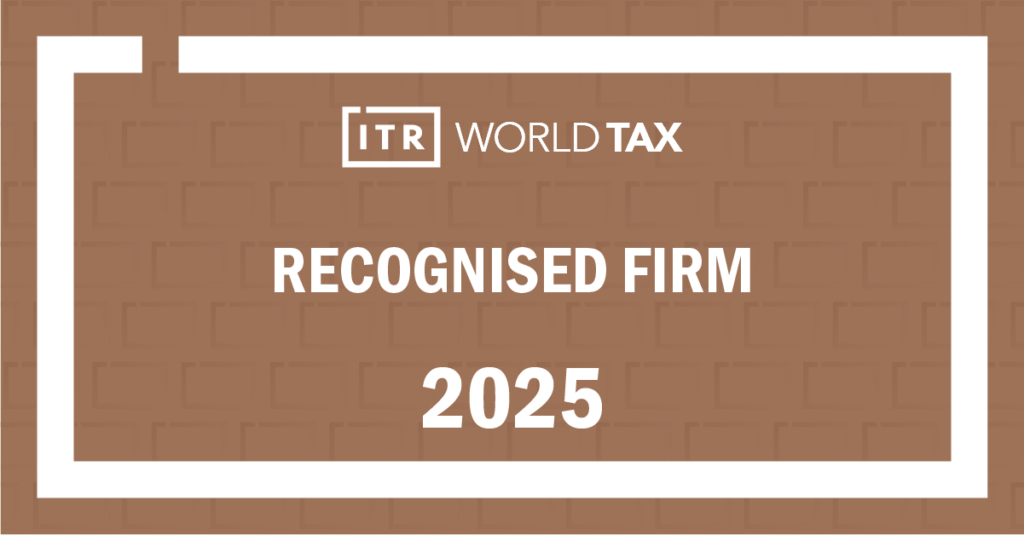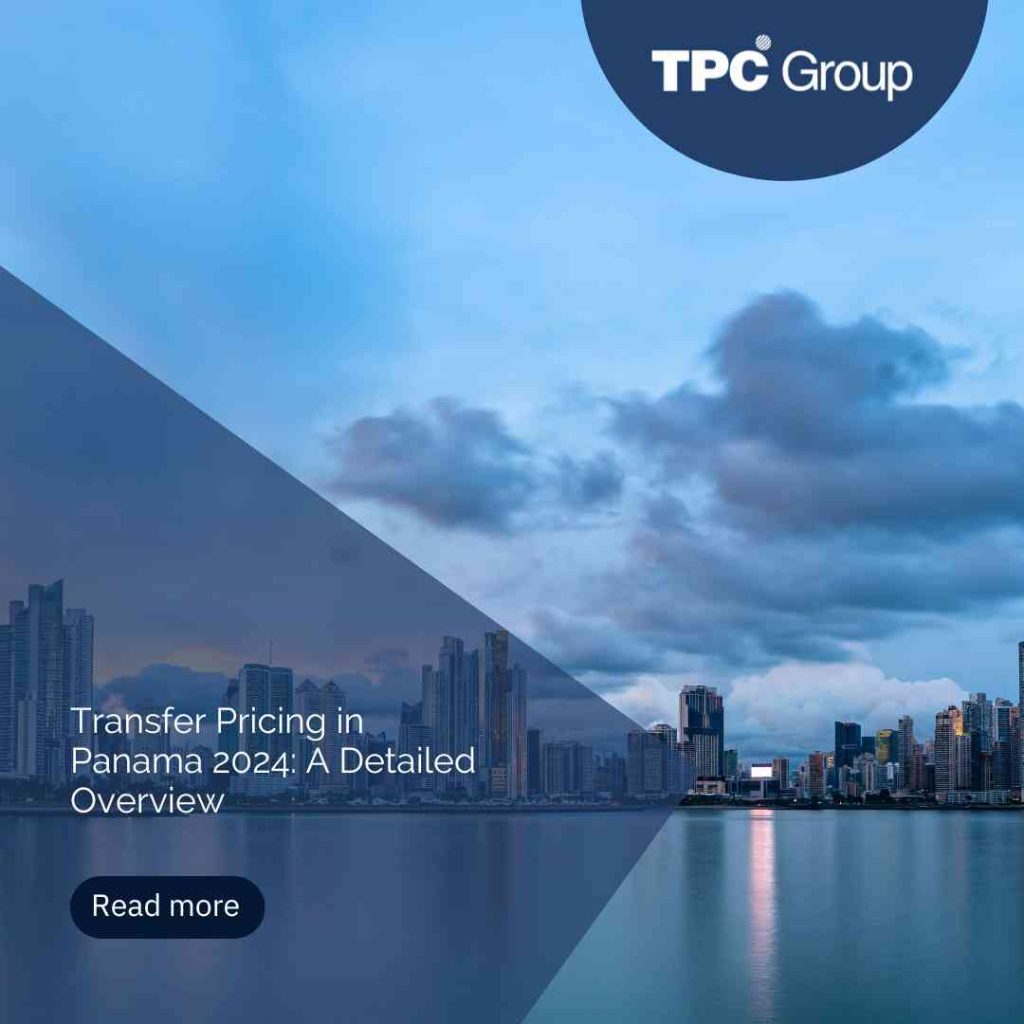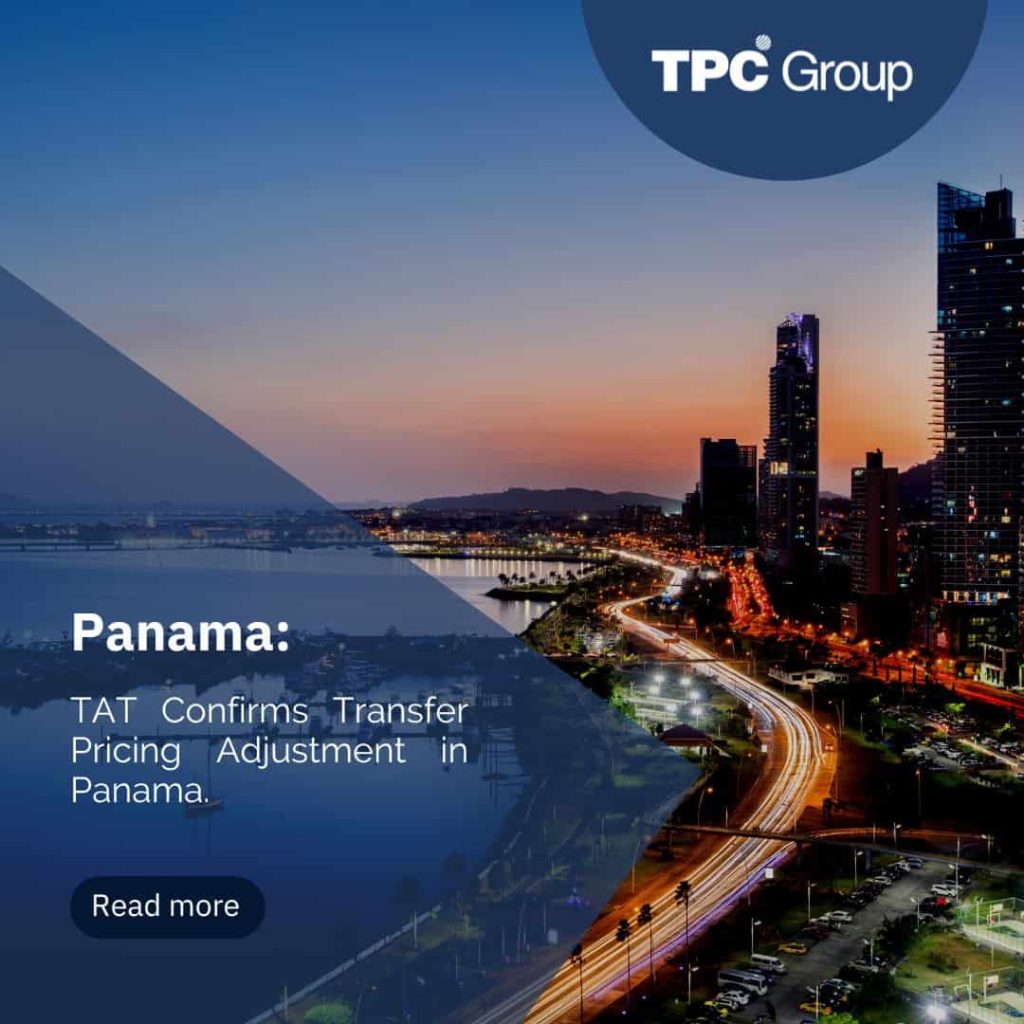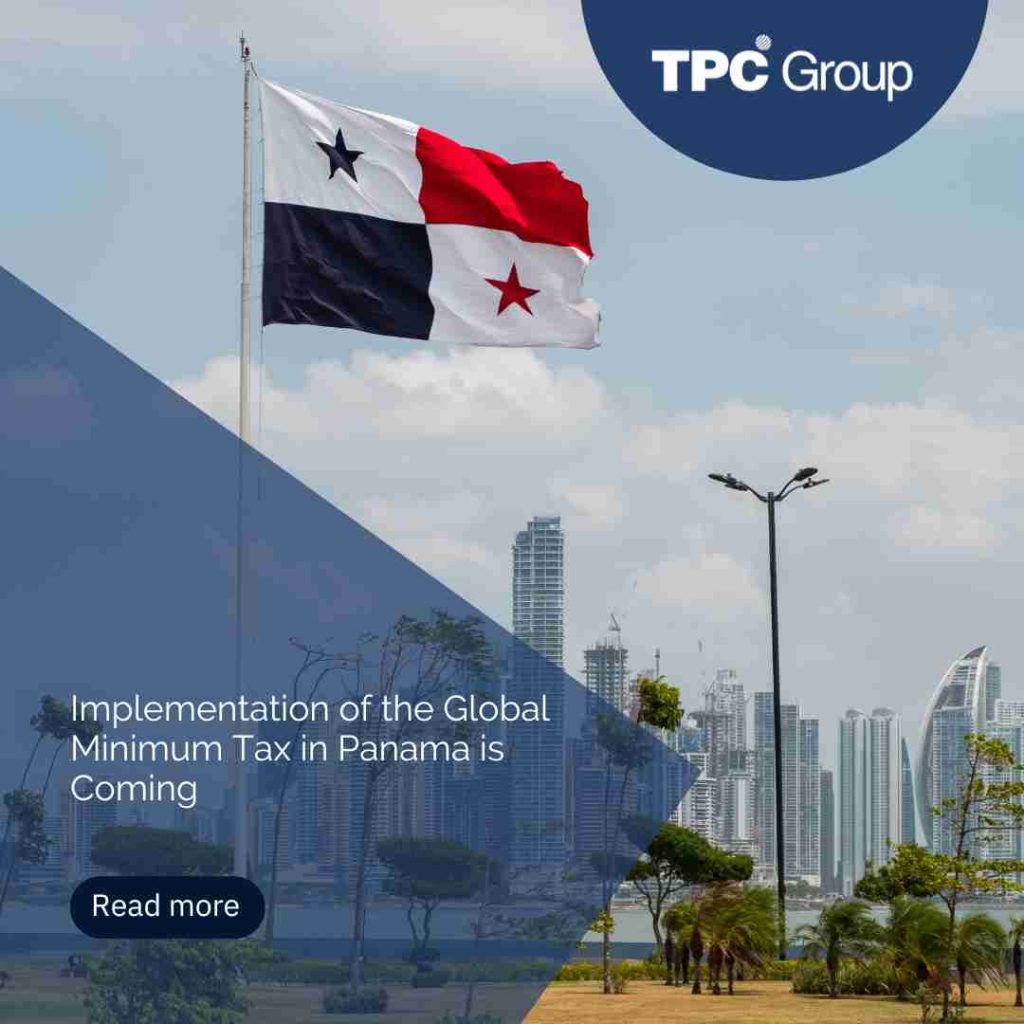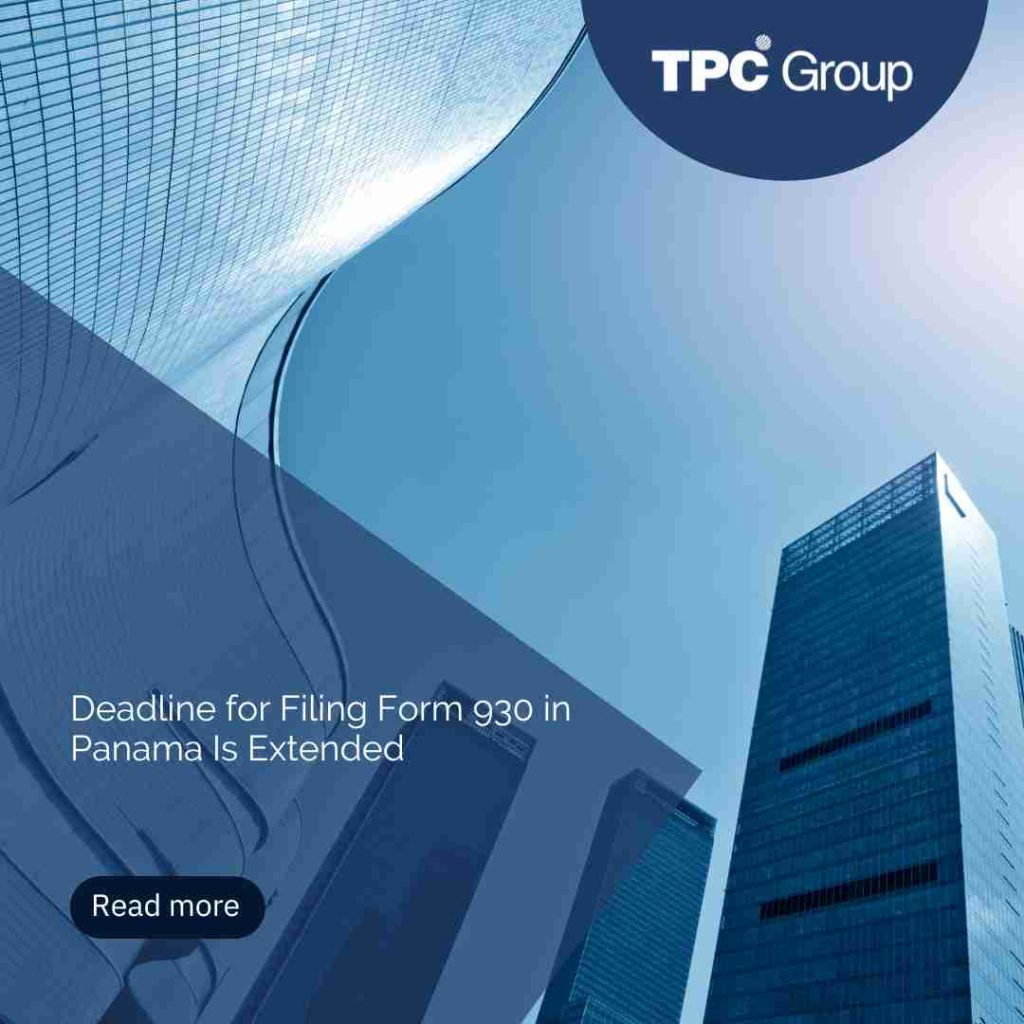Concept and Regulation in Panama
The Transfer Pricing obligations in Panama have been established since 2011 when a Transfer Pricing study was required whenever transactions are carried out with related parties domiciled in countries with which Panama had signed a Double Taxation Avoidance Agreement.
Conversely, since the enactment of Law No. 52 of 2012, the application scope has extended to taxpayers performing transactions with related parties abroad, even if not domiciled in a country with which Panama has signed the aforementioned agreement.
Thus, Chapter IX of the Panamanian Tax Code, amended by the aforementioned law and Executive Decree N°390 of 2016 and N°46 of 2019, rules the Panamanian Transfer Pricing regime.
Executive Decree N°46 of 2019 is essential, as it establishes the regulatory framework for the Country-by-Country Report, thus aligning Panama with the Organization for Economic Cooperation and Development (OECD) in its BEPS (Base and Erosion and Profit Shifting) Plan actions.
Arm’s Length Principle
It is the fundamental pillar of Transfer Pricing.
The Panamanian regulations define the Arm’s Length Principle as the related party transactions valued according thereto, i.e., ordinary and extraordinary income and the costs and deductions required to carry out them under the price or amount agreed upon by independent parties under similar circumstances under the Arm’s Length conditions.
In 2018, it was added that entities holding a multinational company headquarters license must report it in the Income Tax Return under the Arm’s Length principle. This principle is stated under Article 762-A of the Tax Code.
Application Scope of Transfer Pricing in Panama
According to Article 7 of Law No. 52-2012 of the Tax Code, the transactions subject to the Transfer Pricing regime are those that the taxpayer carries out with its related parties located in another jurisdiction.
It is given as long as such operations are considered income, cost, or deduction for income tax.
Related Party in Panama: Definition
According to Article 762-C of the Panamanian Tax Code, two or more entities are related parties when:
- One of the persons participates, either directly or indirectly, in the management, control, or capital of the other.
- A person(s) participates, as indicated in the preceding paragraph, with such persons.
Likewise, the permanent establishment, headquarters, or others thereof, as well as the persons indicated above and their permanent establishments, shall also be considered as such.
Transfer Pricing Methods in Panama
There are five methods in the Panamanian Transfer Pricing legislation to analyze the agreed value in related party transactions. According to Article 762-F of the Tax Code, these are as follows:
- Comparable Uncontrolled Price method.
- Cost Plus method.
- Resale Price method.
- Profit Split method.
- Transaction Net Margin method.
It should be noted that the aforementioned standard states that the last two methods should be used if the transactions are more complex or by lack of information, such that the first three methods could not be priorly applied.
Transfer Pricing Affidavit and Documentation in Panama
The Panamanian legislation on Transfer Pricing provides for those taxpayers obliged to file a Transfer Pricing Report and a technical study with information from the taxpayer and, if applicable, from the business group to which the taxpayer belongs.
Likewise, Executive Decree No. 46 has been regulating the Country-by-Country Report filing as of 2019.
Transfer Pricing Report
According to Article 8 of Law No. 52-2012, taxpayers performing related party transactions must file a Transfer Pricing report annually. It must be filed within six months following the closing date of the tax period through Form No. 930. In 2018, Form No. 930 was amended following the publication of Resolution No. 201-1937. Noteworthy features include:
- An annex must be completed for intangible transactions, such as royalties, intellectual property, and trademarks, among others.
- The taxpayer must disclose if this is in a special tax regime or economic zone.
- If a profit margin-based method has been employed, the name of the companies selected as comparables, the tax periods of the comparable companies used, and the country of residence must be disclosed.
Extensions of time or amendments to the Transfer Pricing Report 930 cannot be requested. In case of errors in Information Statement 930, it must be canceled through an explanatory note and will be subject to the discretion of the DGI.
Transfer Pricing Study
According to Article 9 of Law No. 52-2012 and Article 11 of Executive Decree N°390 of 2016, persons required to file the above statement or report must have a Transfer Pricing study to verify the valuation analysis of related party transactions.
This report, or Local Report, as it is focused on taxpayer-specific documentation and complies with the guidelines outlined in BEPS Action 13, should only be filed at the request of the DGI (Dirección General de Impuesto – Directorate General of Taxes).
The term for this will be 45 days as of the requirement notification. Likewise, taxpayer members of a business group performing a business activity among themselves must file information about this group, such as a general description of the organization and its legal and operational structure, among others.
It is also under the guidelines of the above action for the Master File.
Country by Country Report
Executive Decree No. 46 of 2019 establishes the regulatory framework for the Country-by-Country Report.
According to Article 2 of this decree, the following shall be required to file this report:
- The Ultimate Parent Company of a multinational group whose consolidated income in a tax period exceeds 750,000,000 euros or its equivalent in balboas, provided that it is fiscally resident in Panama.
The information to be reported includes income, pre-tax profit or loss, paid and accrued income tax, declared capital, intangible assets, and identification of each member entity, among others, regarding the jurisdictions in which the multinational group operates.
According to Article 5 of Executive Decree No. 46-2019, the above report must be filed within 12 months following the closing date of the corresponding tax period in XML Schema format, according to the DGI regulations.
Transfer Pricing Penalties in Panama
According to Article 8 of Law No. 52-2012, failure to file the Transfer Pricing statement referred to in Form N°930 entails a penalty of 1% of the total gross amount of the related party transactions, with a maximum limit of B/. 1,000,000.
Regarding the lack of a Transfer Pricing study, the regulation does not quote a specific fine for this infraction. Conversely, it may be sanctioned according to the provisions of Article 756 of the mentioned Code regarding failure to file the documentation related to the application of the tax or to elaborate it lately.
It is fined, ranging from B/.1,000.00 to B/.5,000.00 the first time and from B/.5,000.00 to B/.10,000.00 in case of backsliding.
Likewise, the closure of the establishment may be ordered for two days the first time and up to ten days in case of backsliding. If non-compliance persists, the establishment in question will be closed for 15 days.
OECD Guidelines
According to the third paragraph of Article 7 of Law No. 52-2012, the OECD Transfer Pricing Guidelines for Multinational Enterprises and Tax Administrations are subject to interpretation.

